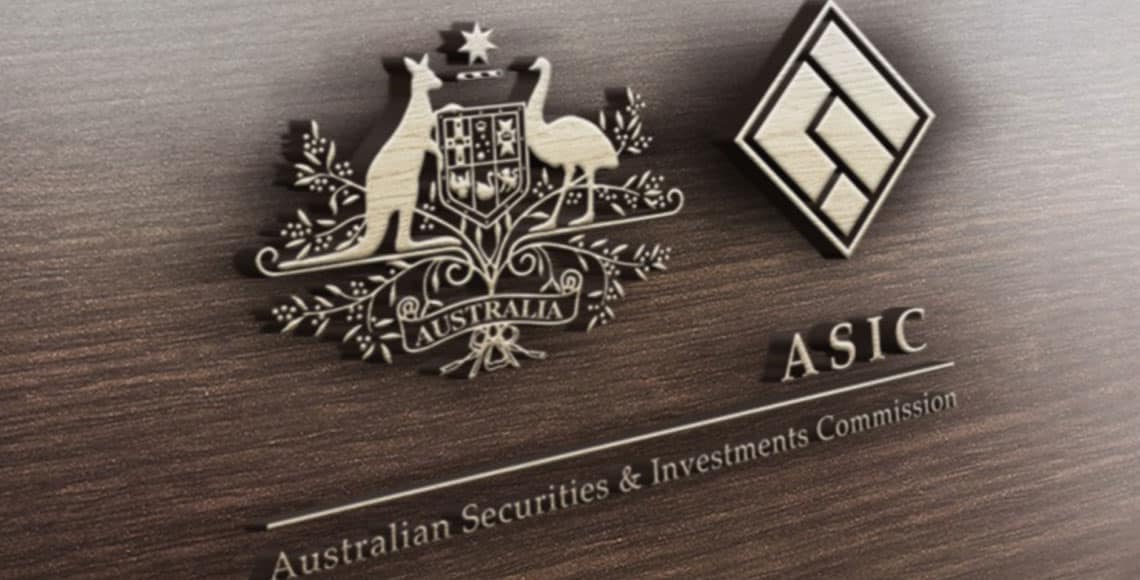Don’t get left in the dark when it comes to your knowledge about fees regarding commonly lodged documents. The primary aim of this blog is to quickly summarise ASIC fee changes as of July 2017. Let us help you stay informed. Here you can find information about changes to ASIC fees. For those who currently own a company or want to start up one, it’s imperative you have a well-rounded understanding of what new fees and charges will be incurred when lodging certain documents with ASIC. In this blog you’ll find a comprehensive summary of ASIC fees – what we’d like to call a ‘cheat sheet’. We always recommend that you read this when faced with the burden of tackling through endless pages of incomprehensible fee indexation documents. Take advantage of our site, and utilize this to your best advantage.
If you are yet to start a company, then please be advised that all the components of the entire process have changed. Choosing your company’s name and registering your company all come with a cost – and these have increased. Late lodgement fees are applied when the document is received within one month or later than one month of the prescribed time. Updating the register and/or changing registered office documents generally do not come with a cost, unless lodged outside the relevant time limit. Save your money, and ensure everything is completed within the prescribed time frame. Late fees can be avoided- get to know the deadline.
Annual review fees have also increased for small transferring financial institutions. We advise that you keep note of when these fees are due, as late penalties are onerous.
What do you need to know about changing the setup of your company?
Changing the name or type of your company may seem like a minor task, but in the grand scheme of things, charges do apply. Avoid unnecessary fees and be proactive when paying fees.
A major item for attention for new (or current) proprietary companies is the increase in Annual Review Fees, up from $249 per year in 2016 to $254 per year from 1 July 2017. Annual Review fees must be paid within two (2) months after review date as late payment fees of the Annual Review have also increased. If payment is received within one ( 1) month after due date, the fee is now $78 (up from $76 in 2016). If payment is received more than one (1) month after due date, a late payment fee of $323 will be payable to ASIC (up from $316) from 1 July 2017. “Late Lodgement” and “Late Review” fees also attract the same increases. You can access the full Information Sheet for ASIC’s “most commonly lodged documents” here.
The existing fees and regulations with the ASIC fee indexation have increased based on ASIC’s average cost in providing the service. These services are user initiated and transaction-based. For example. The acquisition of shares in a takeover bid generally infers a cost. Whether you would like to apply for exemption, lodge a bidder’s statement off a market bid, or send a document to the securities exchange for a market bid, please be advised that fees have slightly increased. Closing a company or scheme will also be quite costly, so make sure each company decision is backed by thorough consideration.
The existing fees applying to foreign companies will continue to be enforced. The new fees for the service schedule are not limited to domestic companies. Applying for registration as a foreign company, lodging statement variation to verify financial statements, and lodging an annual return as a foreign company, will require additional fees.
Under the revised fee indexation, individual auditors and authorised audit companies, self-managed superannuation fund auditors, and liquidators are part of the whole scope. You will receive a statement and invoice each year that will outline the fees applicable – that is, if you fall under the umbrella of companies listed above.
Various authorisations or conditions[a] of an Australian credit license and application for relief will also incur increased costs.
For more information, do not hesitate to call the team at Pherrus on 02 8883 3352.




